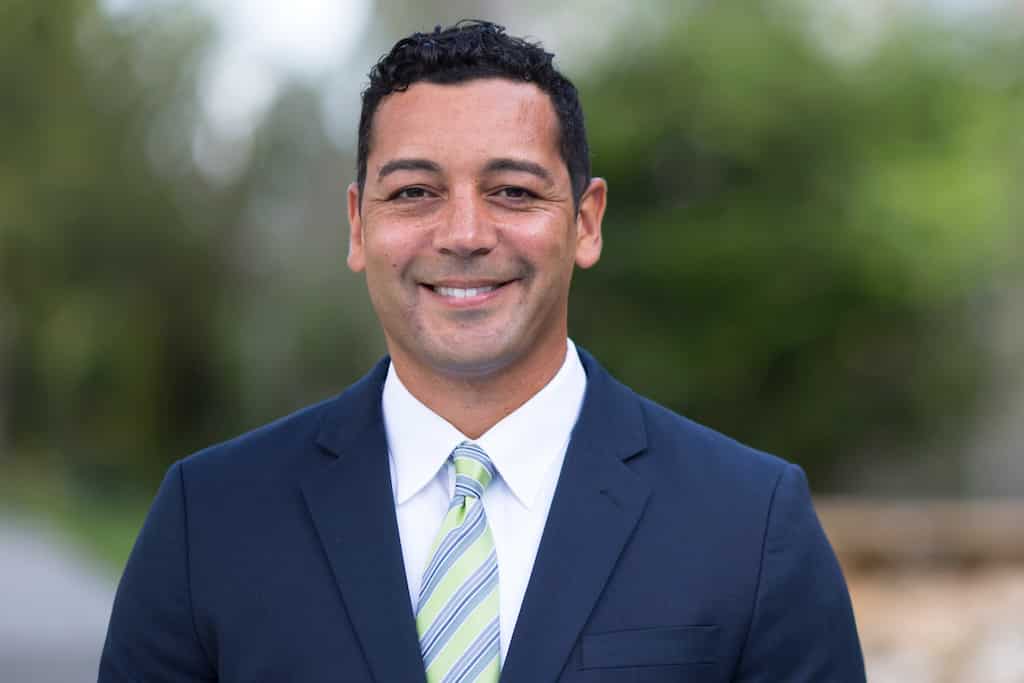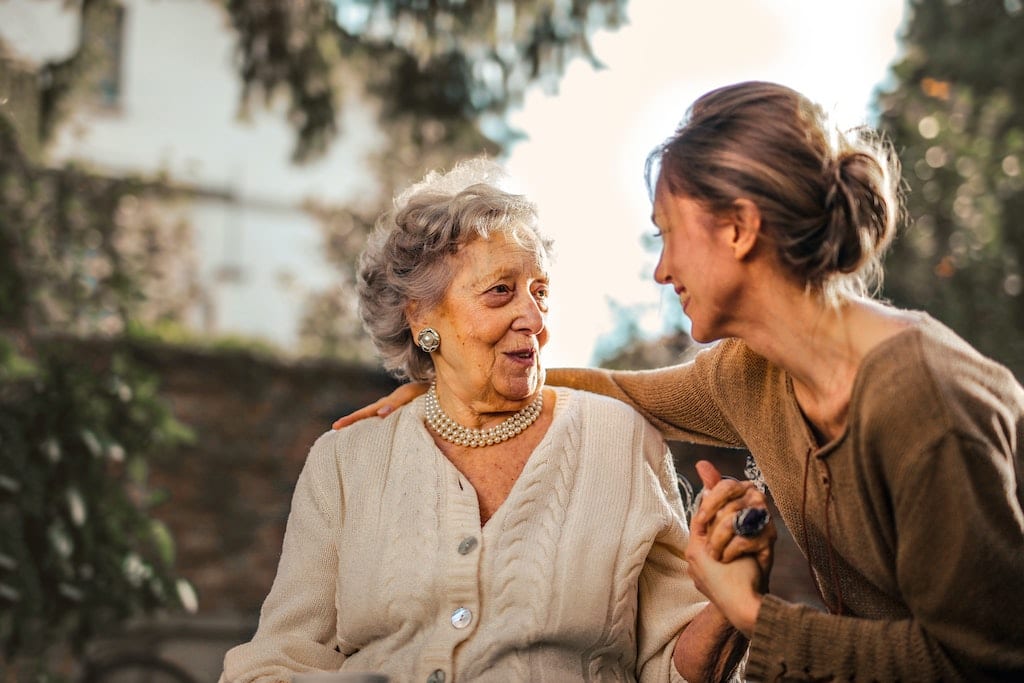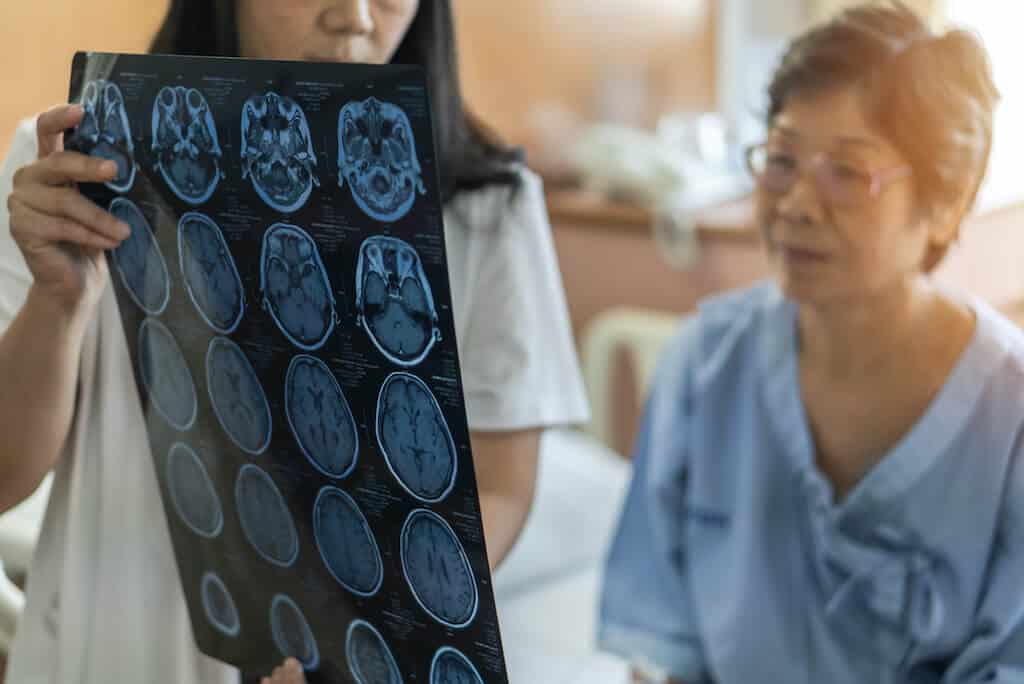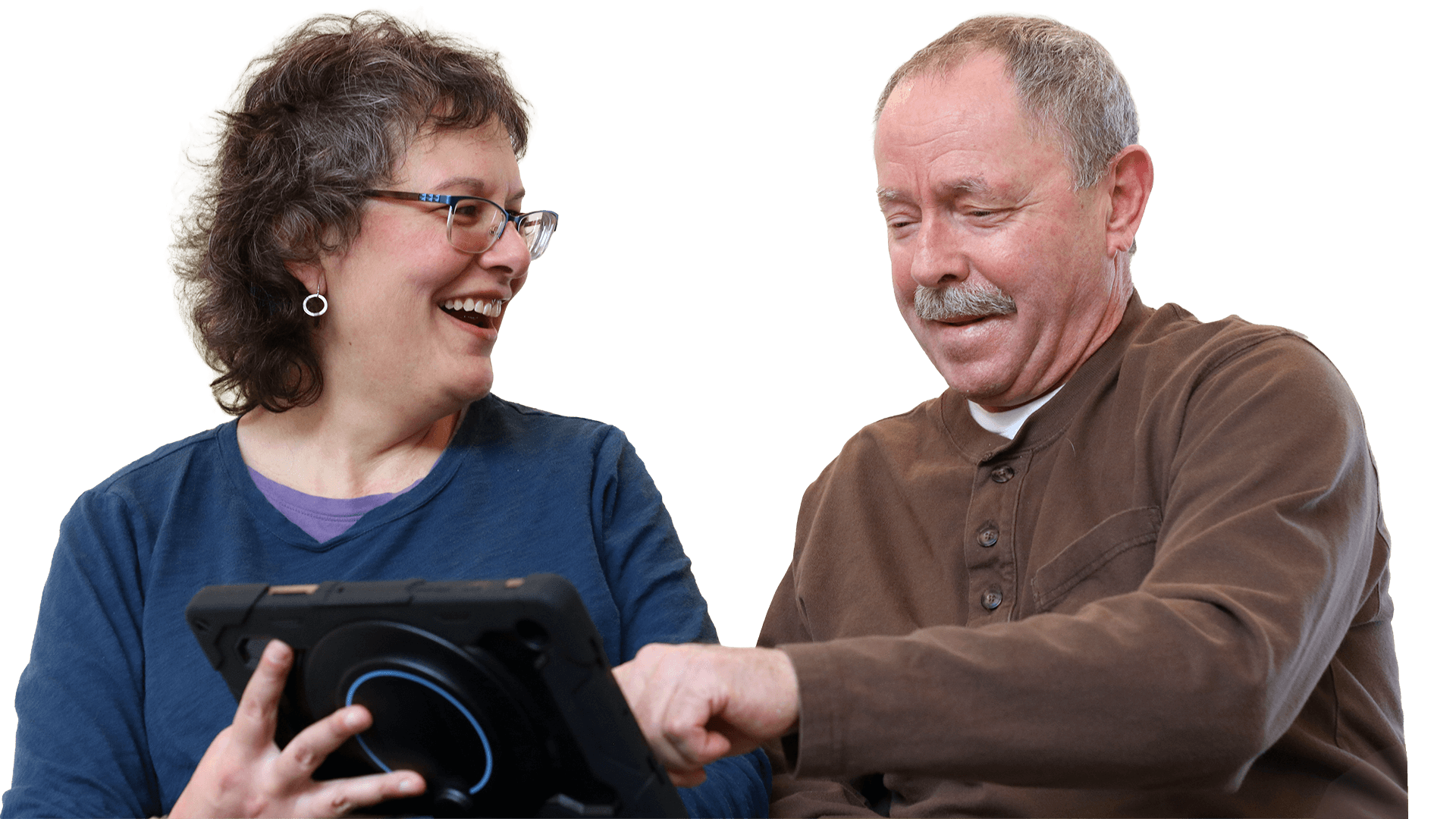Senate Candidate Coleman Watson Talks Aphasia With Lingraphica
Published on Nov 23, 2021

Coleman Watson is many things. He’s a civil rights attorney, having litigated more than 200 cases as a lead attorney. He’s a husband to his wife, Jessica, and father to their two children, Oscar and Violet. Coleman Watson is also a stroke survivor, and he’s running for U.S. Senate to represent his state of Florida.
Lingraphica recently had the chance to sit down with Coleman to talk about his stroke, living with aphasia, why he’s running for office, and more. Watch the video to see our conversation, or read along with his written responses below.
Can you tell us about your stroke?
My stroke happened on February 12, 2020, but I think that it actually started the day before that on February 11. That day started as any normal day. I was a federal attorney, and I was in the midst of my career. I had just finished a legal brief for one of my clients and, I decided to end my day early to spend time with my wife and kids. Over dinner, I had a sudden “hit” on the left side of my head from something. It was not painful, I just “noticed” it. However, within about 5 minutes I felt like I had the flu. I told my wife that I was going to bed. She was shocked because it was about 7 p.m., and it was most unusual for me to go to bed so early.
I felt like something was wrong, but it didn’t feel like it was an emergency. So, I decided that I was just tired from my work. But as the hours ticked on, I noticed that my body was not able to regulate my temperature: from needing 4 sweatshirts to stay warm to feeling too hot, and vice-versa.
The next morning, my temperature finally stabilized. I didn’t feel like I had the flu still, but I was in a daze. I was physically present, but I felt like I was just watching my own body – kinda like watching a movie while being in the movie at the same time. I decided to go home early because my neck was a little stiff. I researched my symptoms because I was worried that I had meningitis. Suddenly, about 5 p.m., I had the urge to “run.” I don’t know how to describe it better than this – my body just knew something was very wrong. I was about to stand, but the right side of my body collapsed.
Even though some 2 million people in the United States have aphasia, more than 84% of Americans state that they’ve never heard the term aphasia. Prior to your stroke, what had you heard about aphasia?
Prior to my stroke, I never knew anything about aphasia. The first time that I ever knew about the term as I was in the hospital. I remember that my wife was talking with my doctor, and he said the term many times. But in my mind, I didn’t know why he was talking about “Asia” in reference to my stroke. Even in the hospital, my wife and I didn’t get much information on the condition.
Can you walk us through your speech recovery process?
After the hospital, my wife started researching our insurance coverage. As I tried to recover from my stroke, I realized that my “real” healthcare problem was just starting. After only five days in the hospital, they wanted me to leave. They were more focused on bed space than my health. They didn’t have a health plan for my speech, or my body. I couldn’t talk. I couldn’t complete simple tasks. But no one cared. They forced me out, like old trash. There was no dignity. Sadly, I know my healthcare experience is not rare.
I thought I had great health insurance. But once you are faced with a healthcare crisis, only then do you realize how limited your coverage is – even with “great insurance.” My policy limited me to fifty hours of therapy for the year, for everything. Fifty hours is a little more than one week at a full-time job. I needed to use all fifty hours for my speech; but it wasn’t enough.
I reviewed my policy only to discover that I would have to self-pay about $900 for more therapy, per hour. I couldn’t afford that – no one can. I desperately wanted to talk again. The only reason that I can talk with you now is that my parents helped us – not from my insurance policy. They helped me to get into a private speech facility so I could start to rehabilitate. The speech therapy I needed was really expensive, but I was bankrupt. There is no such thing as a “medical bankruptcy,” but we need to change our process for our people.
It has been a long recovery just to talk again, and I know that my speech is getting better. As you know, there is no “cure” for aphasia. I have speech therapy every day for about 4-6 hours (on my own), just to maintain my progress. And if I don’t do it every day, I will backslide. Of course, I could return to law in some form and focus on my own life. But that’s not me. I believe that no survivors should be left behind. Never. I promised myself that when I could talk, read, and write again, then I would pay it forward. That day has come. I’m not the type of person who abandons anyone, even before my stroke. So for me, my recovery has been outward to help others, not inward just for me.
Before your stroke, did you ever envision yourself running for office?
No, this was not in my plan. Actually, for years, I was positioning myself to be a federal appeals judge. However, I decided to run for elected office instead because I know that judges can only interpret the law, not enact new laws. Due to my experience with my stroke/aphasia, I decided to do something about the state of healthcare. Even before I was able to vote, I always saw that healthcare has not changed much for people, except the high price of insurance premiums. My mission is to make access to affordable, quality healthcare a human right.
What was the turning point during recovery that led you to put your career on hold and instead run for senate?
My decision was based on my frustration with the Social Security Administration. I applied for disability relief due to my stroke/aphasia, and I waited…waited…waited, while my life was crumbling every day. Through filming my documentary, I decided to log my own voicemails with the Social Security Administration because I wanted people to understand how the Social Security Administration reduces people to just spreadsheets, instead of people. I stopped with 28 attempts to get help from the Social Security Administration. I never got a “real” person to help me on my claim, just my own voicemails. Ultimately, the Social Security Administration denied me in full. In that moment, I knew that there was no cavalry for me, and others. So, I decided to run for something. My prior career was being a federal attorney, so I knew that I wanted to run for something based on federal issues. I decided on the Senate instead of the House because I wanted to represent the entire state of Florida, and influence policy for all Americans, including other people with aphasia.
Stroke recovery and aphasia don’t only affect the survivor. According to caregiver surveys we’ve conducted, most aphasia caregivers are spouses, partners, or other family members. They help with things like communication assistance and transportation. They often report increased stress levels and worsening relationships. What was your experience with caregiving, and do you think there are opportunities to make caregiving less taxing on the caregiver?
My platform includes more therapeutic tools not just patients but for caregivers too. My 10 year old son found me when I had my stroke, and it was very traumatic for him to see me like that. We needed more time with therapy sessions, but my family was capped. I think the best way to make caregiving less taxing is to have more family therapy sessions with insurance coverage.
Do you have any advice or words of wisdom for stroke survivors and their loved ones?
I have two. First, on my 4-month anniversary of my stroke, I had a neurologist appointment with my wife. My doctor talked only with my wife, as if I was just a kid. Then he told my wife, via me, that if I don’t recover in the next 2-months then I probably won’t talk again. At the time, my speech was borderline global/Broca aphasia, and my speech was very hard for him to understand. But I understood what he said: the so-called “plateau.” I quickly learned from my speech therapist that there is no plateau. But I felt sad for people who have gotten bad advice on this. I thought about how wrong that appointment was, not just for me, but for any person with aphasia because no one has the wrong to quash their hope. At 6-months post-stroke, I still couldn’t say much. But I’m running for U.S. Senate now. There is always hope.
Second, as Lauren Crandall, U.S. Olympic field hockey player, once said “If you think you’re done, you always have at least 40 percent more.” I know the daily struggles for people with aphasia. It is so frustrating, but I try to do a little more every day to regain my words. Even when you are tired, try to do a little more because that hope will compound, and it will give you dividends.
Where can one follow along with your campaign?
You can follow the campaign on my website (www.colemanwatson.com), where you can sign up as a volunteer. No role is too small!
You can also follow me on my social media accounts:
About Contributor
Lingraphica helps people with speech and language impairments improve their communication, speech, and quality of life. Try a Lingraphica AAC device for free.













